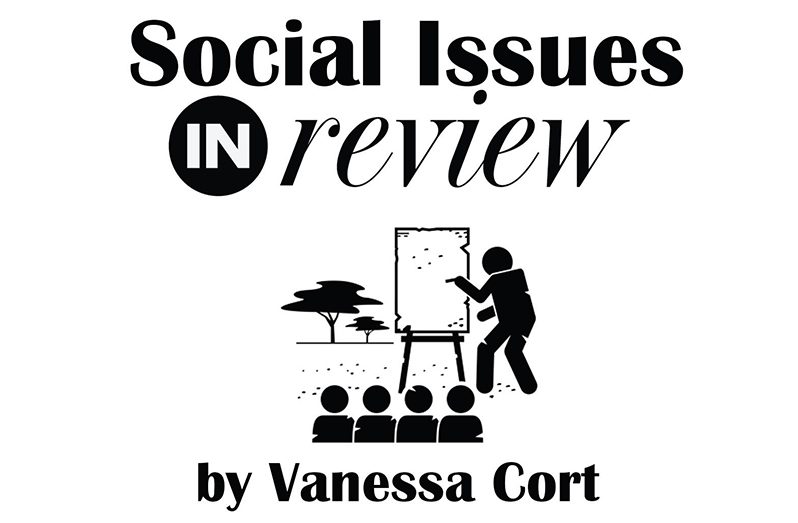IT is a sad fact that the indigenous people of the world have been sidelined and marginalised for centuries. From the Maoris of New Zealand to the proud tribes of North America and our own Amerindians, indigenous people have been fighting for ownership of land and recognition of their unique cultures.
It was not until this country gained independence from the British that our Amerindians began to enjoy some of the benefits accorded to their fellow Guyanese. Before that, they were termed ‘children of the forest’, making them somehow akin to Mowgli in The Jungle Book or even the mythical Tarzan – living with animals and swinging through the trees.
The difference in their culture and way of life caused them to be branded ‘primitive’, with limited intelligence and little or no rights to the land on which they lived.
On my return to Guyana in the late 1970s, having grown up in the UK, I would hear Amerindians being referred to as ‘buck people’ – a clearly derogatory term implying that Amerindians were less than human.
However, in the decades since then, Amerindians in this country have seen sweeping changes, leading to greater understanding and connectivity as well as significant improvement in their living conditions, education, healthcare, economic activities and political representation.
Now, Amerindian Heritage Month is celebrated each year in September and features a variety of events and activities showcasing the rich culture and contributions of our indigenous people. And yesterday (August 9), the world celebrated International Day of the World’s Indigenous Peoples, under the theme ‘ Indigenous Peoples and AI: Defending Rights, Shaping Futures.’
As the world becomes technologically advanced, and with AI (Artificial Intelligence) playing a significant role in this, the United Nations is seeking to ensure that the world’s indigenous people have an input in the building of these systems.
The UN notes that throughout history, the rights of Indigenous Peoples have been violated, though they make up six per cent of the world’s population – 476 million – and live in 90 countries across the globe.
In addition, they speak 7,000 languages, 40 per cent of which are currently endangered, as many are not taught in schools or spoken publicly. So, the UN also began another initiative – The Decade of Indigenous Languages (2022 – 2032), in an effort to preserve this aspect of native culture.
“Most AI systems are built without Indigenous input, risking misuse of their data, knowledge and identities,” the UN contends. The organisation also points out that AI can often reinforce bias, exclusion and misrepresentation of Indigenous Peoples.
This year’s theme has been devised to place a spotlight on AI and Indigenous Peoples, ensuring that they are actively involved as “rights-holders, co-creators and decision-makers.”
Currently in Polynesia, AI is being used to monitor coral reef health, an initiative spearheaded by indigenous people. AI models are also being developed in Inuit territories using indigenous wisdom to help communities adapt to climate change. And in New Zealand, an AI language processing tool is being used to help revitalise the Maoris language.
This year’s theme seeks to tap into the vast knowledge of the world’s indigenous people as it pertains to their unique cultures and relationship with their environment. This information can then be used to guide the way in which AI systems are built and developed, avoiding misuse of data and misrepresentation.
The UN acknowledges the role Indigenous Peoples must play in the development of such technology, no doubt recognising the veracity of the words of British writer, Jay Griffiths, who says, “If people can’t acknowledge the wisdom of indigenous cultures, then that’s their loss.”
DISCLAIMER: The views and opinions expressed in this column are solely those of the author and do not necessarily reflect the official policy or position of the Guyana National Newspapers Limited.
AI and Indigenous Peoples
SHARE THIS ARTICLE :
Facebook
Twitter
WhatsApp



.jpg)








